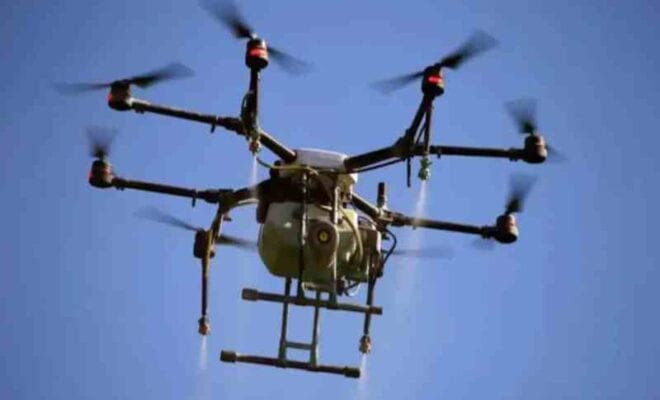ICMR invites draft report to use drones to distribute vaccines in India

Last updated on June 17th, 2021 at 05:04 am
Driving India towards a completely vaccinated country, the Indian Council of Medical Research (ICMR), expressed their interests in using drones for delivering COVID-19 vaccines in remote and hard-to-reach geographies in the country.
ICMR which is an apex medical research body has invited expressions of interest from drone operators to “develop a delivery model” using unmanned aerial vehicles for transporting vaccines and medicines.
Dr Samiran Panda, Head of Epidemiology and Communicable Diseases, says that they aim to develop a model through a pilot project which can be emulated and adopted by State governments for the delivery of vaccines. The ICMR has already conducted a feasibility study in collaboration with IIT- Kanpur.
Making Smart vaccination a reality, Dr Panda further mentions that we need smart vaccination instead of mass vaccination to stem an epidemic.
Related Posts
For this, we need to focus not only on areas where the infection is intense but also in places where there are indications that the test positivity rate is still low and that if you saturate the priority groups there through an innovative vaccine delivery mechanism.
Talking about air safety, Joint Secretary, Ministry of Civil Aviation, and head of the drones division, Amber Dubey asserts that once the trials are over, different entities will submit their flight data and proof of concept based on which the draft guidelines will be framed.
Their task is to ensure air safety during BVLOS drone operations. This includes ensuring that the drones stick to the assigned flight path, maintain robust communication and control link and can withstand the vagaries of nature. Companies that deal with drone operations say that these guidelines will pave the way for drone deliveries in rural, remote and peri-urban settings to begin with, and similar operations in urban areas will take much longer.
Using drones can prove out to be effective in circumventing logistical challenges in health care and enhancing the capacities of primary health care centres. Not only this but they can boost community health care centres at village levels, which further can be connected with distribution centres where vaccines are stocked.



